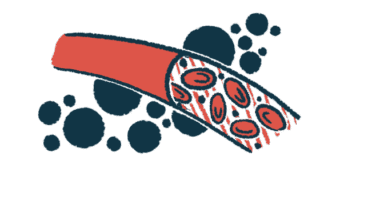 Discussion
Discussion
FAQs about medicines to reduce drooling
One of the symptoms of spinal muscular atrophy (SMA) is bulbar weakness, which affects the mouth and throat areas. Bulbar weakness causes loss of control over the mouth, as well as jaw spasms and difficulty swallowing. It can lead to saliva pooling in the mouth until it overflows as drool. An SMA treatment plan may include medicines that reduce drooling.
Certain medications may help decrease drooling in people living with spinal muscular atrophy (SMA). Always consult a healthcare provider before taking medications for drooling.
Excessive saliva in the mouth, which can lead to drooling, may be dangerous as it can cause choking when eating food or aspiration (inhaling) into the lungs.
Regular injections of botulinum toxin, commonly known as Botox, into the salivary glands has been shown to reduce drooling in children with sialorrhea, or excessive saliva production, and in adults with other neurological diseases. Other medications also are available that can be used to reduce drooling.
Potential side effects for drooling treatments range from dry mouth and dizziness to an allergic reaction, and changes in mood and behavior. Always contact a healthcare professional when experiencing side effects from taking any medication.
Related Articles
 Fact-checked by
Fact-checked by 




